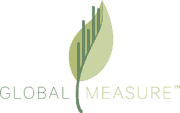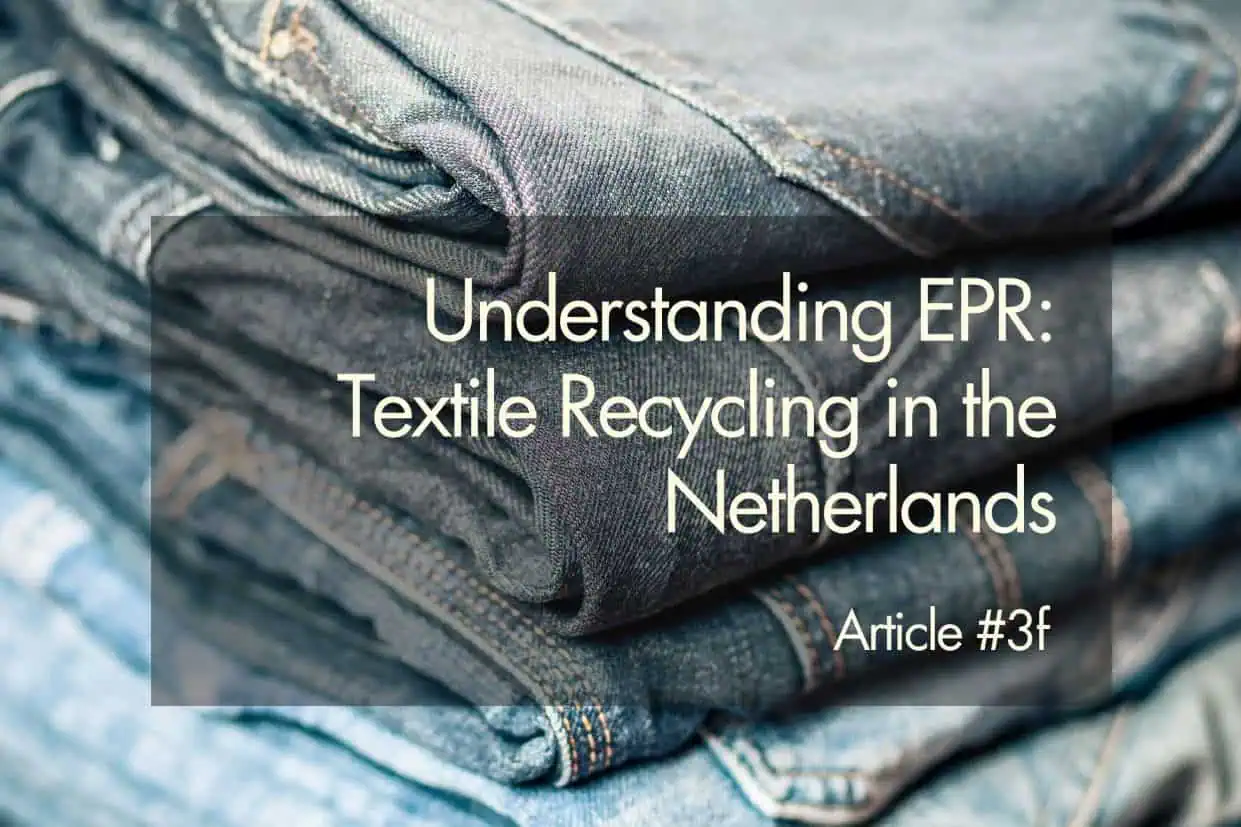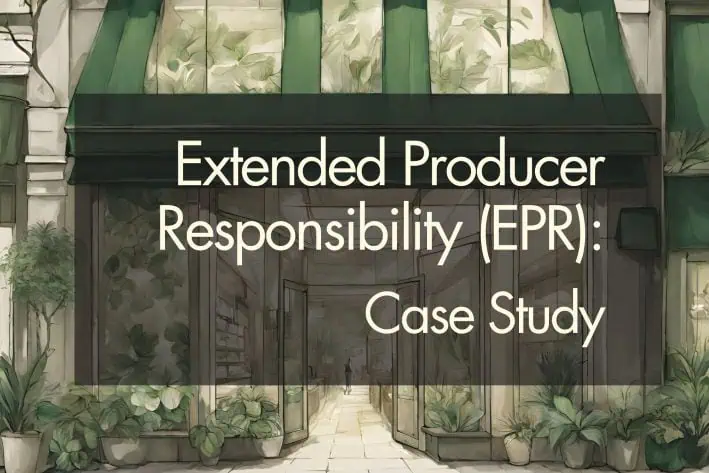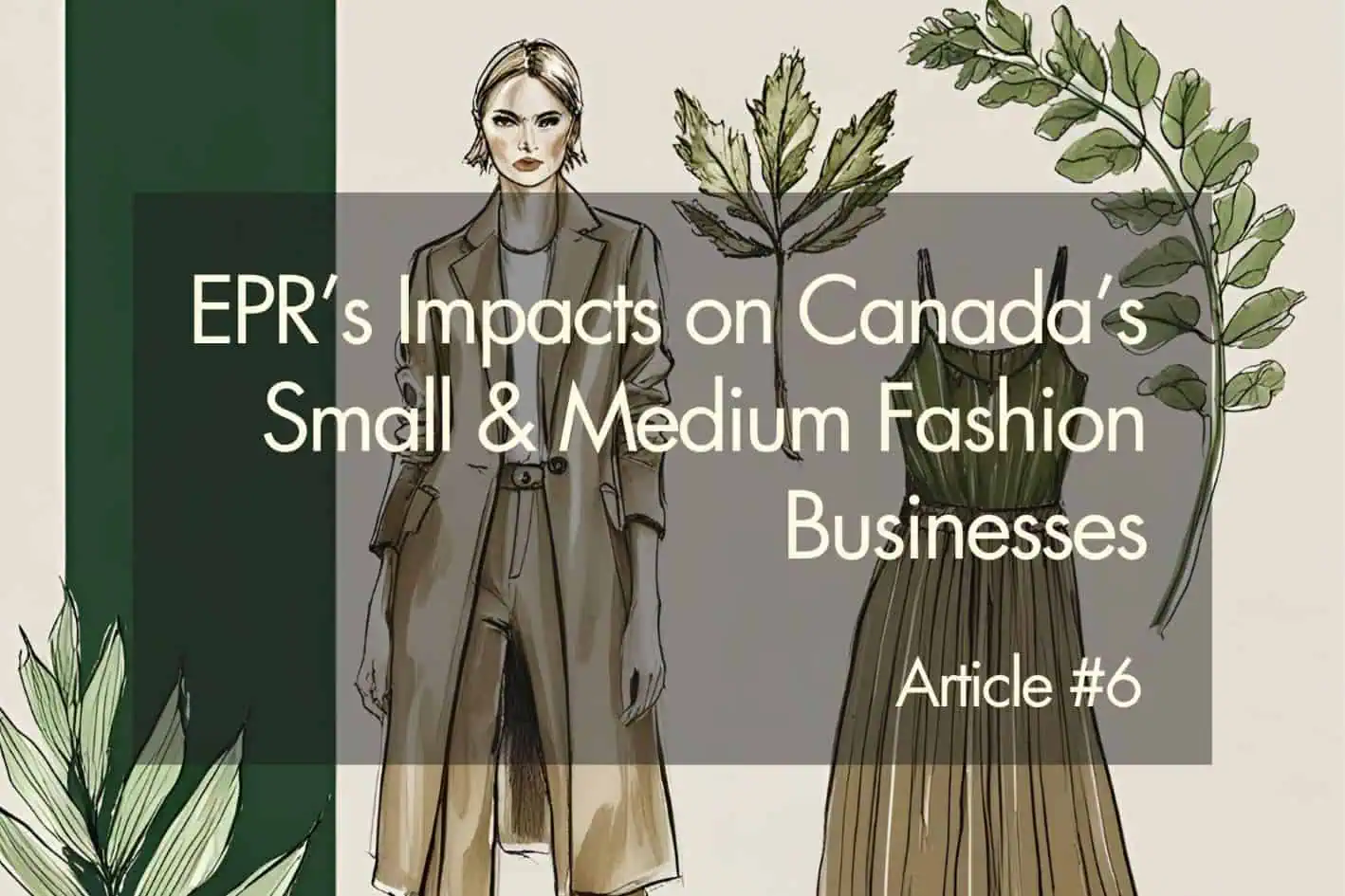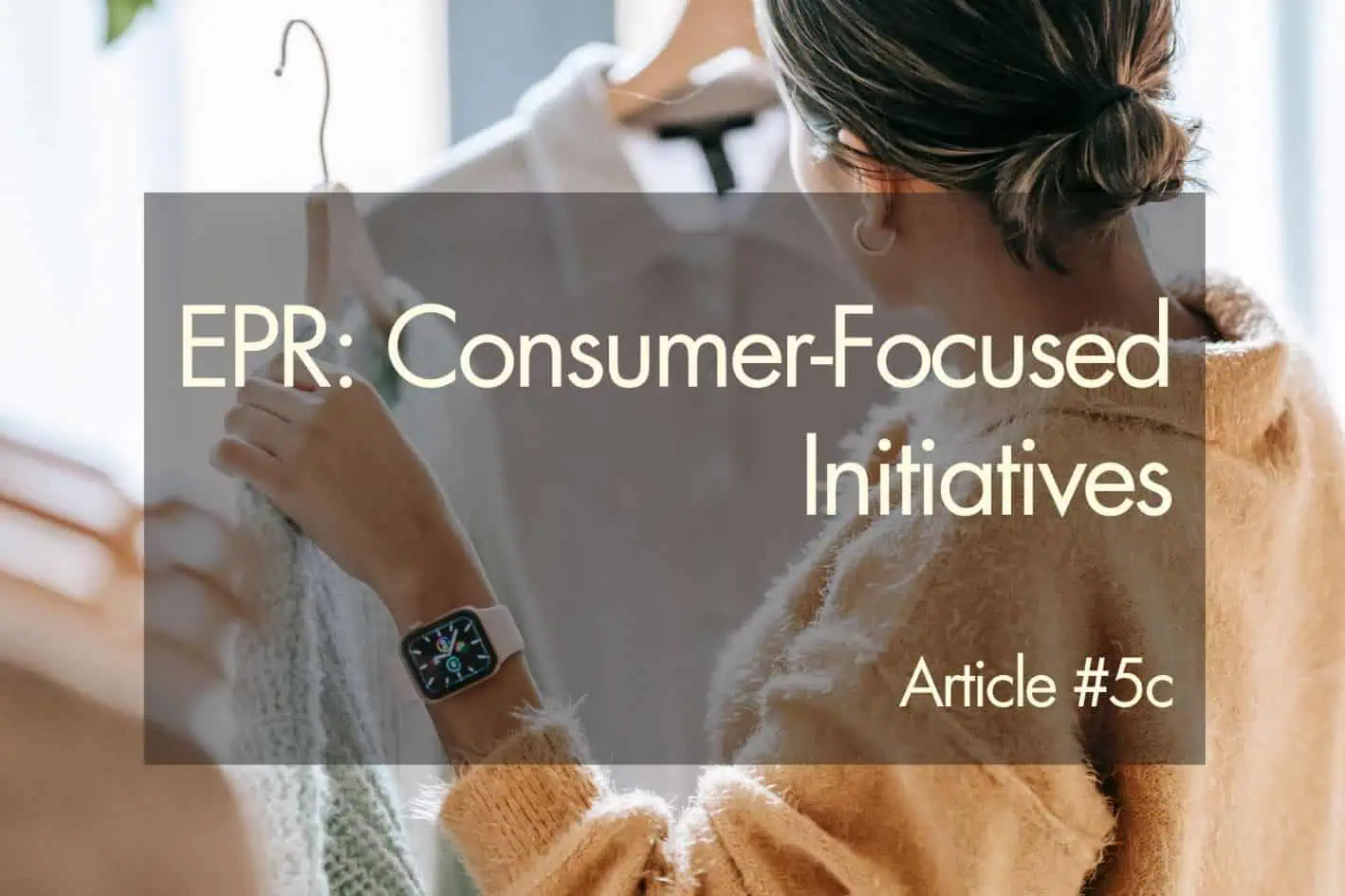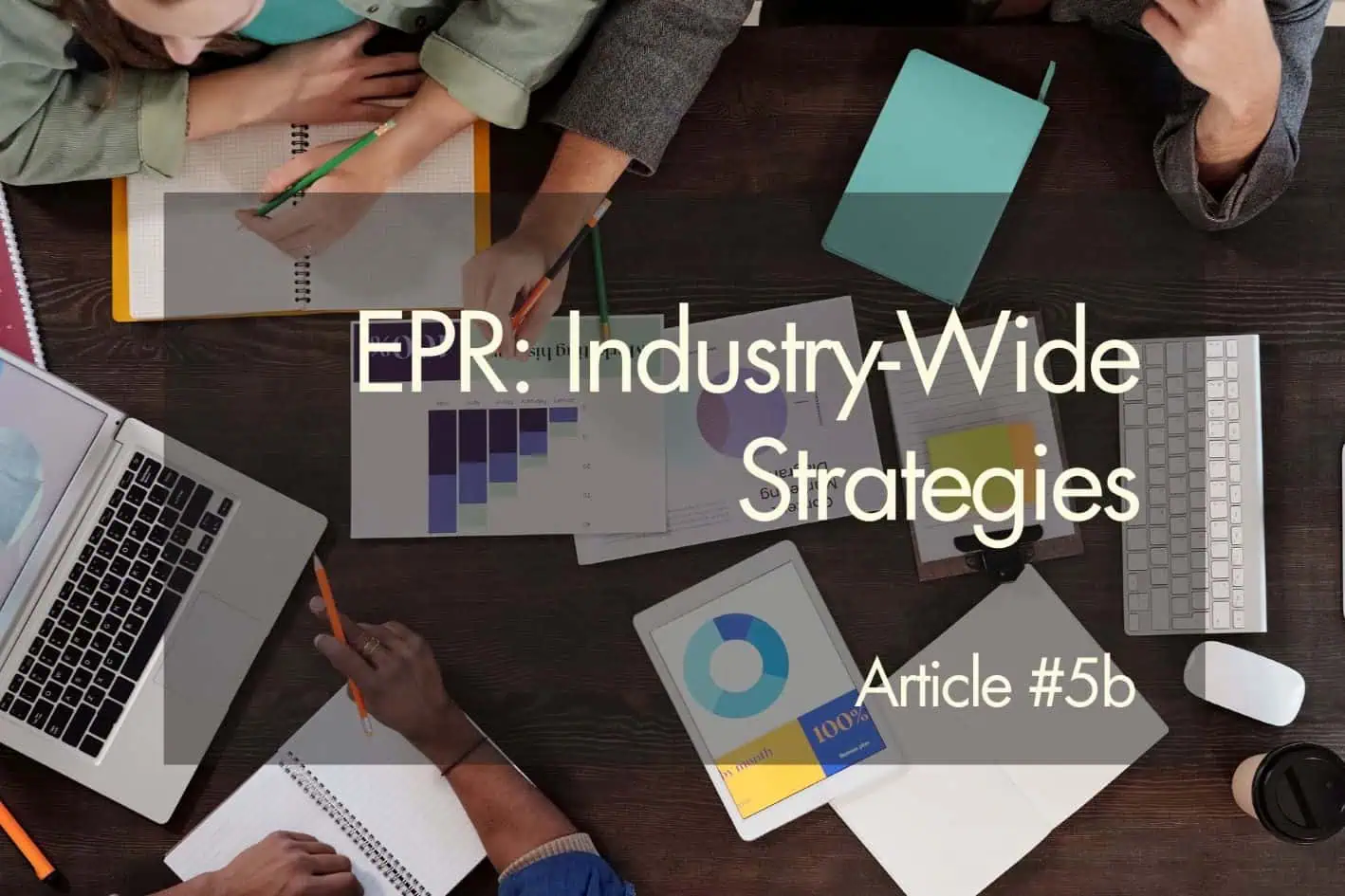Textile Producer Responsibility in the Netherlands
Until 2023, Dutch municipalities bore the responsibility for the collection and appropriate disposal or recycling of textiles in the Netherlands. However, by 2018, only 44.5% of textile waste was effectively collected for proper processing, leaving 55.4%, to be discarded. Primarily due to the limitations of textile recycling capacity within the Netherlands, the Dutch government introduced the Extended Producer Responsibility decree (EPR) (Girling, 2024).
In this article, our guest author Yvonne Burwell explores:
Overview
Under the EPR framework, starting in 2025, textile manufacturers, producers, and importers will be mandated to assume responsibility for the collection, transportation, and recycling of textiles. Specifically, Dutch regulations stipulate that producers must collect and process 50% of the textiles they sell, with this target set to increase to 75% by 2030. Moreover, there are specific targets for the proportion of textiles that must undergo “fibre-to-fibre recycling,” starting at 25% and rising to 33% by 2030 (Girling, 2024).
To ensure compliance with these regulations, producers have the option to engage third-party contractors, commonly referred to as Producer Responsibility Organizations (PROs), to manage collection, transportation, and processing (Girling, 2024). If producers so choose, PROs can also report to the Ministerie van Infrastructuur en Waterstaat (Ministry of Infrastructure and Water Management) and can be the primary point of contact for the Inspectie Leefomgeving en Transport (Human Environment and Transport Inspectorate), on behalf of the producer (Stichting UPV Textiel, n.d.).
The scope of the Netherlands’ EPR regulations extends beyond clothing to encompass “household textiles,” such as linens and towels. Footwear, blankets, and curtains are not included in the Dutch EPR system (Girling, 2024).
Infrastructure
As part of the EPR mandate, producers must collect textiles free of charge from consumers. The method of collection is up to the producers (Government of the Netherlands, n.d.). Some municipalities are still collecting textiles door to door, with the other recycling collection. (Vereniging Herwinning Textiel, n.d.)
Financials
From a financial standpoint, producers are wholly responsible for the costs associated with the collection, transportation, and management of textile waste. Furthermore, there is a per-kilogram fee of €0.10 for textiles imported into the country, set to double to €0.20 per kilogram by 2025 (Girling, 2024).
Current State
Currently, producers do not have obligations under the EPR decree until 2025, so there are no statistics on the effectiveness of this change in responsibility (Girling, 2024). As producers prepare to assume these new responsibilities, the success of this initiative will depend on the implementation and adaptation of the proposed infrastructure and financial mechanisms. This transition represents a critical juncture in the pursuit of sustainable textile management, with its outcomes to be closely observed and assessed in the coming years.
To learn more about other EPR systems, please click this link to return to the main article.

Yvonne Burwell
Yvonne is a Product Development professional based in Toronto, Canada, with a background in Business Administration and Sustainable Fashion Management. She brings her creative flair and passion for sustainability to Global Measure Inc., where she works on social media and research.
Curious to explore EPR further or interested in potential collaborations? Dive into our comprehensive Case Study for a deeper understanding.
References:
Girling, J. (2024, January). Textiles Extended Producer Responsibility (EPR). Retrieved from Warp: https://asiagarmenthub.net/resources/2024/wrap-textiles-epr-status-report-january-2024-v2.pdf
Government of the Netherlands. (n.d.). Rules for reusing and recycling textiles. Retrieved from Government of the Netherlands: https://www.government.nl/topics/circular-economy/rules-for-reusing-and-recycling-textiles
Krahl, J. (2023, May 2).
Textile EPR in the Netherlands – Changes in 2023 . Retrieved from Ecosistent: https://www.ecosistant.eu/en/textile-epr-in-the-netherlands/
Stichting UPV Textiel. (n.d.). Extended Producer Responsibility for Textiles. Retrieved from Stichting UPV Textiel: https://www.stichtingupvtextiel.nl/en/upvtextiel/
Vereniging Herwinning Textiel. (n.d.). Recyclingproces. Retrieved from Vereniging Herwinning Textiel: https://www.textielrecycling.nl/onze-branche/recyclingproces.html
